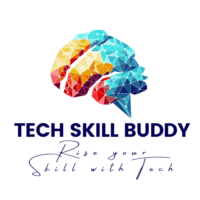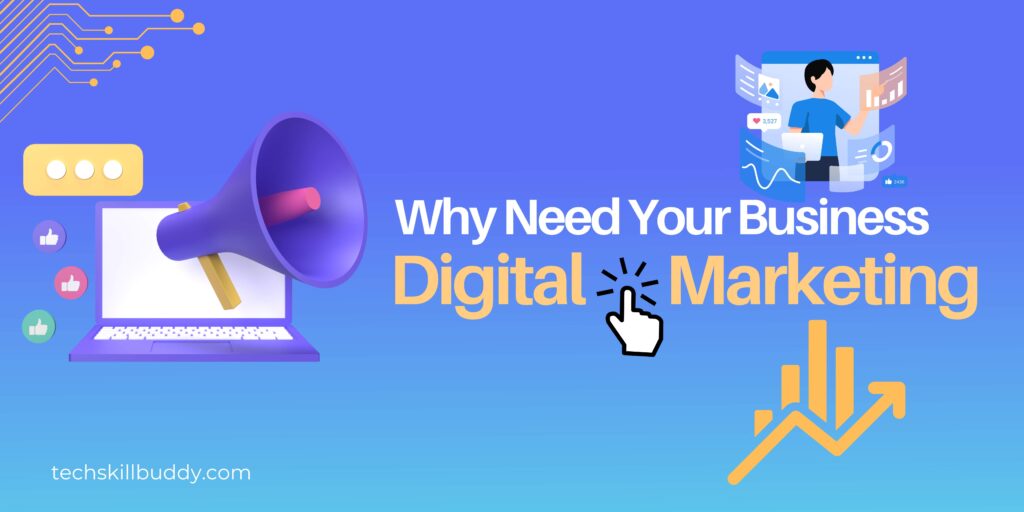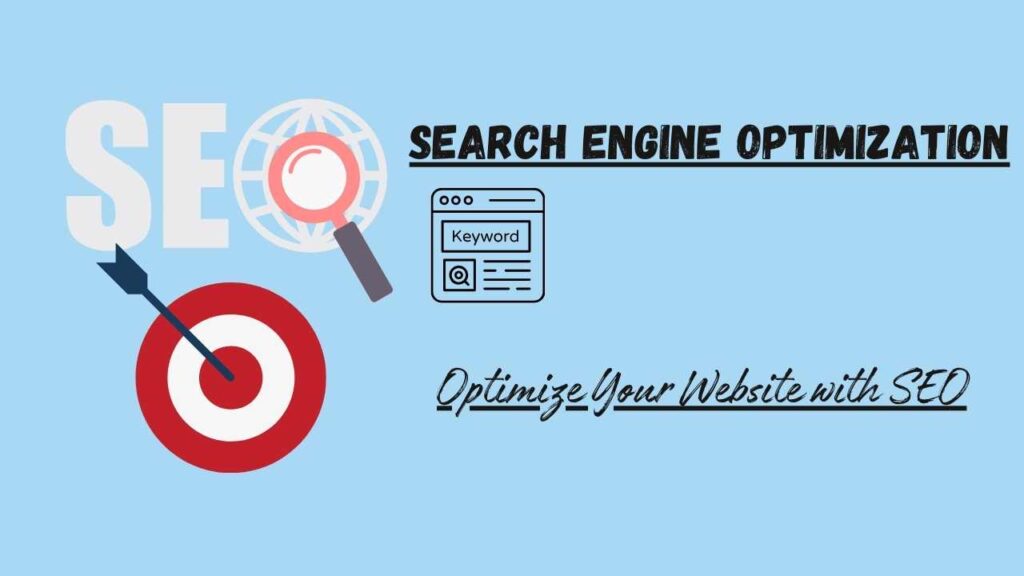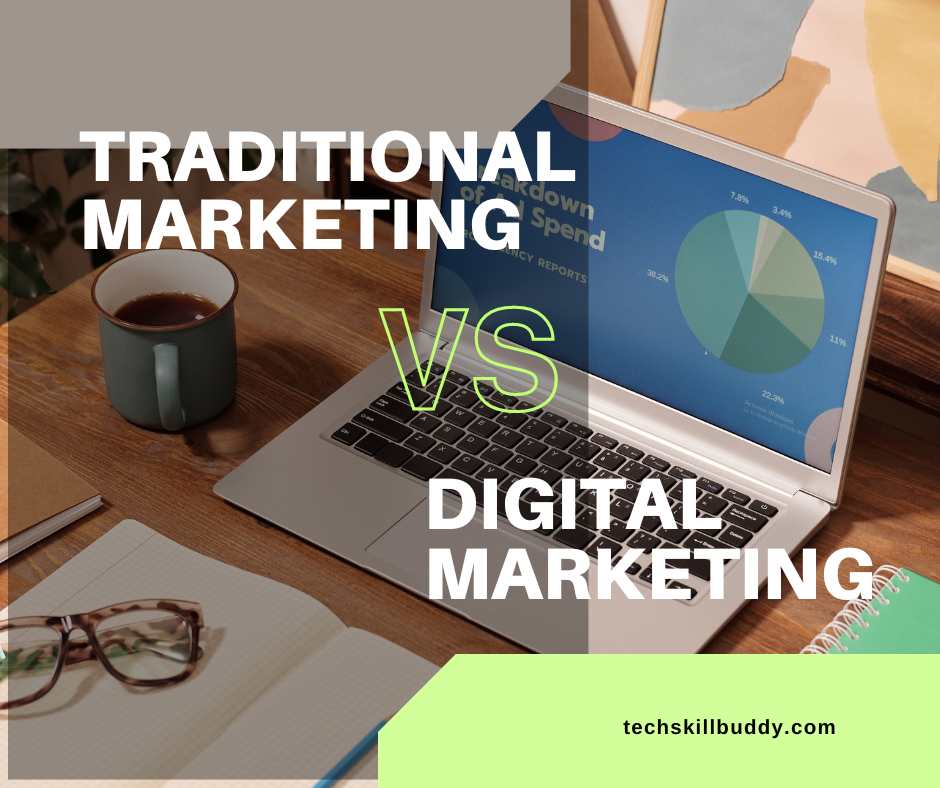Understanding the Basics of Digital Marketing
Digital marketing is a modern marketing method through which you can reach people locally and globally, informing them about your business and your products and promoting your brand. A recent survey has shown that 55% of people rely on social media for their purchases. From the comfort of their homes, they can find everything they need, thanks to digital marketing. Currently, it is observed that 51% of people make their necessary purchases online, and 70% of people search the Internet before making any purchase decisions. What’s more significant is that 82% of customers expect to talk about their concerns regarding a product within 5 minutes of being online.
Types of Digital Marketing
- Content Marketing: Content marketing is the term used to describe presenting a subject in front of people in a new and innovative manner, tailored to their understanding and engagement, through the medium of writing.
- Search Engine Optimization (SEO): SEO includes optimising your website and content for higher ranking in search engine results pages! thereby, boosting organic traffic.
- Social Media Marketing: Promoting your brand, products or services on social media platforms like Facebook, Instagram, LinkedIn, and Twitter is crucial for audience engagement and community building.
- Email Marketing: A form of direct marketing that uses email to promote your business’s products or services, helping to keep your customers informed and driving loyalty.
- Pay-Per-Click (PPC): PPC is a type of internet marketing model where payments are made every time a gets clicked, effectively purchasing visits to their website.
- Affiliate Marketing: This performance-based advertising rewards affiliates for each customer brought by the affiliate’s own marketing efforts.
Table of Digital Marketing Needs:
- Wider Reach and Audience Engagement.
- Cost-Effective.
- Measurable Results.
- Improved Customer Interaction and Engagement.
- Brand Awareness and Credibility.
- Competitive Advantage.
- Convenience and Accessibility.
- Increased Conversion Rates.
- Scalability and Flexibility.
- Customer Insights and Market Research.
- Wider Reach and Audience Engagement:
- Global Audience: Digital marketing allows businesses to reach a global audience, breaking geographical barriers.
- Targeted Marketing: Businesses can target specific demographics, interests, and behaviours, ensuring their marketing efforts reach the most relevant audience.
- Cost-Effective:
- Lower Costs: Digital marketing is often more cost-effective than traditional marketing methods like TV or print ads.
- Better ROI: With the ability to track and measure campaigns in real-time, businesses can optimize their spending and improve return on investment (ROI).
- Measurable Results:
- Analytics and Data: Digital marketing provides access to a wealth of data and analytics, allowing businesses to measure the effectiveness of their campaigns and make data-driven decisions.
- Real-Time Feedback: Businesses can quickly see how their campaigns are performing and adjust strategies as needed.
- Improved Customer Interaction and Engagement:
- Direct Communication: Social media, email marketing, and other digital channels enable direct interaction with customers, fostering stronger relationships.
- Personalization: Businesses can create personalized experiences for customers based on their preferences and behaviour.
- Brand Awareness and Credibility:
- Online Presence: A strong digital presence enhances brand visibility and recognition.
- Content Marketing: High-quality content can establish a business as an authority in its industry, building trust with potential customers.
- Competitive Advantage:
- Staying Ahead: Businesses that leverage digital marketing can stay ahead of competitors who may rely solely on traditional methods.
- Innovation: Digital marketing encourages innovation in marketing strategies, keeping businesses adaptable to market changes.
- Convenience and Accessibility:
- 24/7 Availability: Digital platforms are accessible 24/7, allowing businesses to engage with customers at any time.
- Mobile Access: With the rise of smartphones, digital marketing ensures businesses can reach customers on the go.
- Increased Conversion Rates:
- Optimized Campaigns: Techniques such as SEO, SEM, and email marketing are designed to drive traffic and increase conversion rates.
- Call to Action: Digital ads and websites can include direct calls to action, making it easier for customers to take the next step.
- Scalability and Flexibility:
- Adjustable Campaigns: Digital marketing campaigns can be easily scaled and adjusted according to budget and performance.
- Diverse Platforms: Businesses can utilize various platforms (social media, email, search engines, etc.) to diversify their marketing efforts.
- Customer Insights and Market Research:
- Behavioural Data: Digital marketing tools provide insights into customer behaviour and preferences.
- Market Trends: Businesses can keep up with market trends and customer needs, allowing for more effective product and service offerings.
Overall, Digital Marketing is a powerful tool that enables businesses to connect with their audience more effectively, drive growth, and stay competitive in a rapidly evolving digital landscape. For trade striving to establish significant bonds with their audience, driving engagement and increasing transformations, online trading isn’t merely a choice but a must-have. By grasping its elementary principles, delving into its diverse kinds, and exploiting its strengths, trades can shape a trading scheme that aligns with their objectives and resonates with their aimed audience. In the era of digital, the tactical execution of digital marketing isn’t only a route to achievement—it’s a crucial portion of continuance and expansion.



